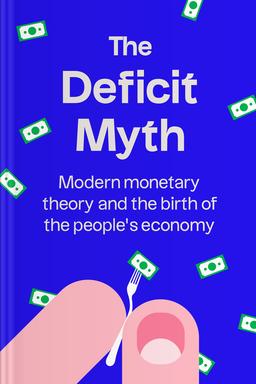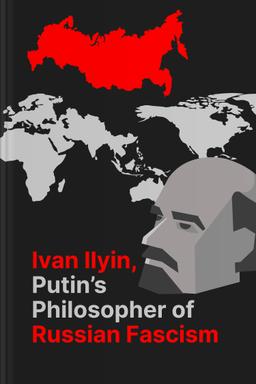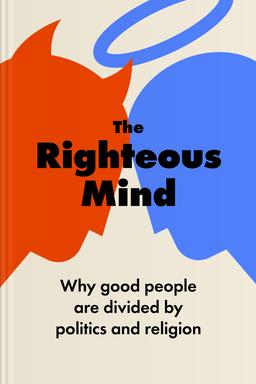What is The Deficit Myth about?
This book explores the principles of Modern Monetary Theory, challenging traditional views on government budgets and deficits. It argues that countries controlling their own currency can spend freely to support economic growth and social welfare without the fear of insolvency. By reframing the understanding of money, the author advocates for policies that prioritize public need and economic stability, presenting a vision for a more equitable and prosperous society.
Who should read The Deficit Myth
- Economists seeking to understand modern monetary theory.
- Students studying economics and public policy.
- Activists interested in economic justice and reform.
What is Lost in Work about?
This thought-provoking exploration examines the impact of capitalism on our work lives and mental well-being. It challenges conventional views on productivity and fulfillment, arguing that constant striving for success leads to disconnection and dissatisfaction. Through personal narratives and critical analysis, the book offers insights on how to reclaim our time and find meaning beyond traditional capitalist frameworks, advocating for a more compassionate and equitable approach to work.
Who should read Lost in Work
- Workers seeking balance in their professional lives.
- Individuals disillusioned by the impacts of capitalism.
- Readers interested in alternative economic systems.
What is The Soul of America about?
This insightful exploration delves into the historical struggles of American ideals and morality, emphasizing the enduring battle between hope and fear, empathy and division. Through vivid portraits of pivotal figures, the narrative highlights moments when the nation has faced its darkest challenges but ultimately triumphed through the power of compassion and unity. It serves as a poignant reminder of the resilience of the American spirit in tumultuous times.
Who should read The Soul of America
- History enthusiasts seeking a deeper understanding of American ideals.
- Political science students exploring the concept of national identity.
- Readers interested in contemporary social justice and civic engagement.
What is Ivan Ilyin, Putin’s Philosopher of Russian Fascism about?
This compelling analysis explores the ideological foundations laid by Ivan Ilyin, a prominent Russian thinker, and his influence on contemporary Russian politics under Vladimir Putin. It delves into Ilyin's concepts of nationalism, authoritarianism, and the embrace of fascist ideals, examining how his writings have shaped the narrative of modern Russia. The book offers critical insights into the fusion of philosophy and regime, revealing the dangers of Ilyin's legacy in today's geopolitical climate.
Who should read Ivan Ilyin, Putin’s Philosopher of Russian Fascism
- Political science students exploring modern authoritarianism.
- Historians studying the roots of Russian fascism.
- Philosophy enthusiasts interested in ideological influences on politics.
What is The Righteous Mind about?
This insightful exploration delves into the psychological foundations of morality and how they shape our political and religious beliefs. Haidt examines why individuals with differing moral frameworks often clash, emphasizing the role of intuition and social cohesion in moral reasoning. Through captivating narratives and research, the book encourages readers to understand opposing viewpoints and fosters empathy, aiming to bridge divides in an increasingly polarized world.
Who should read The Righteous Mind
- Political enthusiasts seeking to understand ideological divides.
- Individuals curious about morality in politics and religion.
- Students and scholars of psychology and social behavior.




